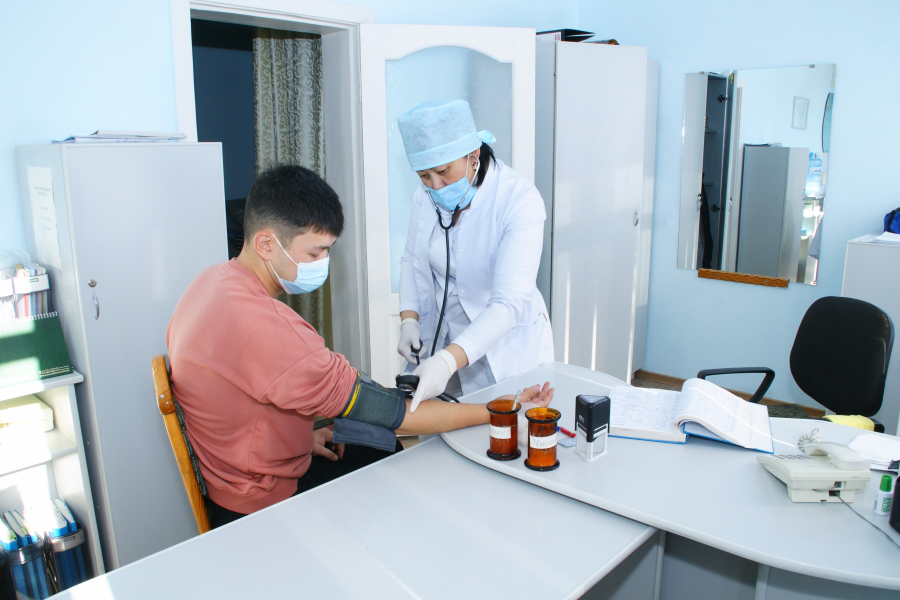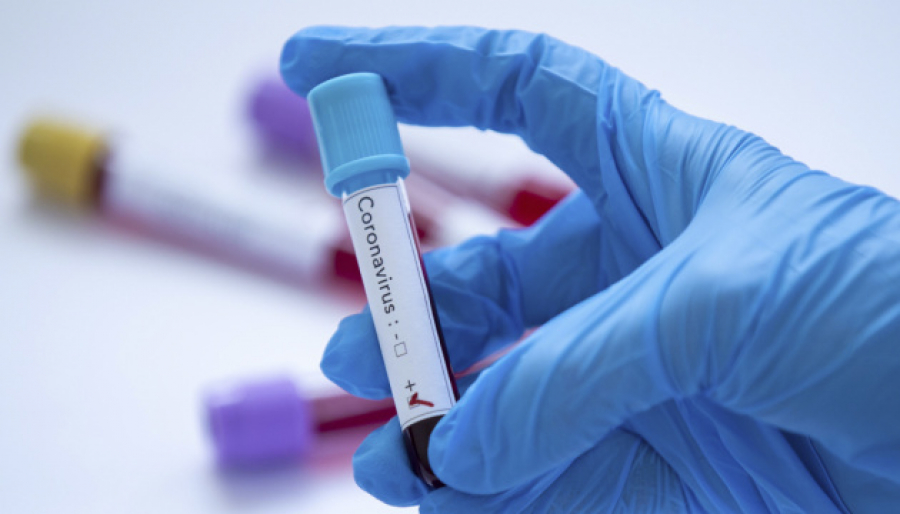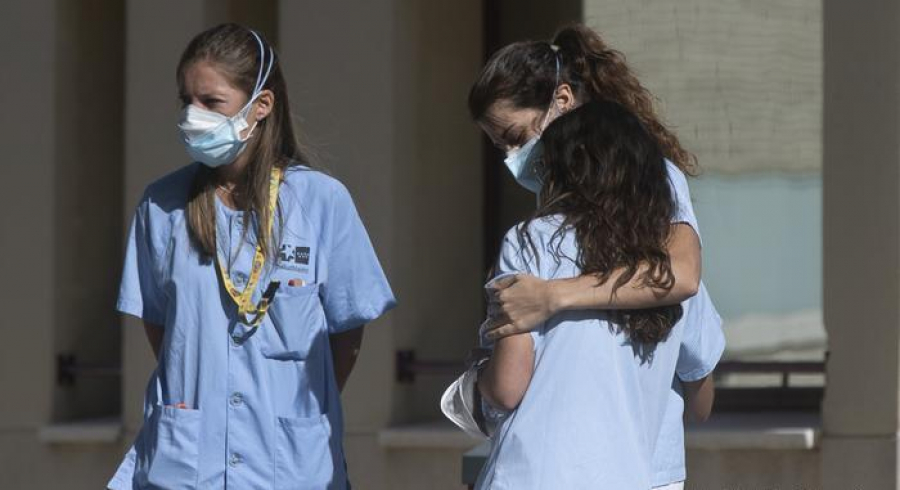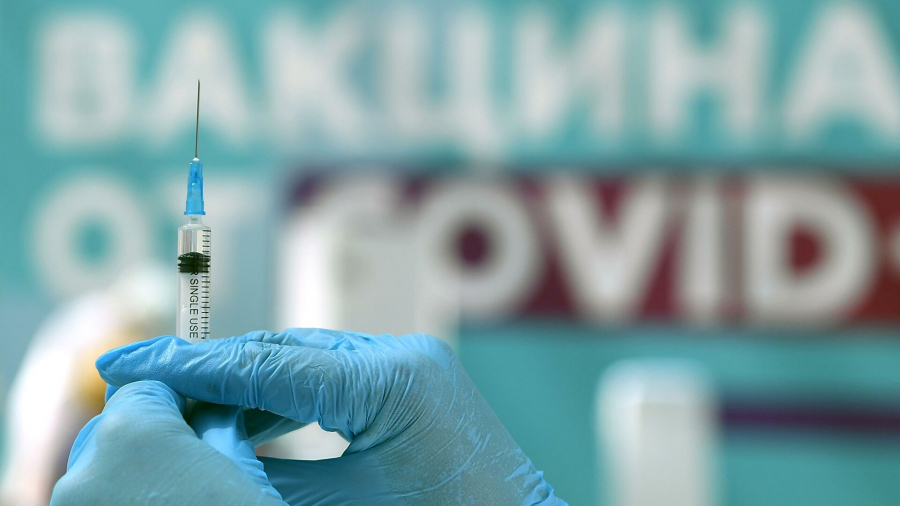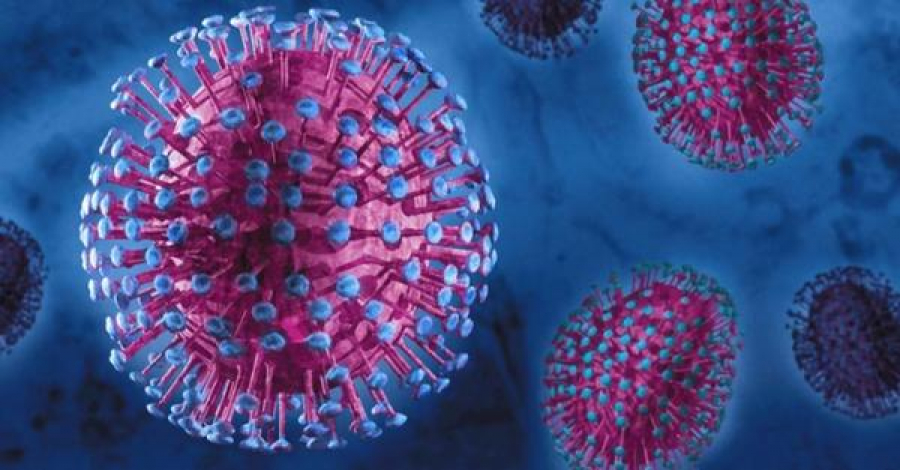
Coronavirus vaccination is picking up in Kazakhstan. Over 400,000 people in the country have already received both doses of the antiviral vaccine. The cities of Almaty, Shymkent and Nur-Sultan, as well as Turkistan, Almaty and Karagandy regions are leading in terms of immunization rates. This was stated by Kazakh Health Minister Alexey Tsoy at a plenary meeting of the Mazhilis, the Lower House of the Kazakh Parliament.
“We imported 2.3 million doses of vaccines to Kazakhstan in April. To date, nearly 1.4 million citizens have been vaccinated with the first component. All regions of Kazakhstan have vaccines. About 1,400 vaccination points are organized in large shopping malls. The second dose inevitably follows the first one. Citizens receive the second shot 21 days after the first,” said Alexey Tsoy, Kazakh Health Minister.
A serious amount of money, over 265 billion tenge (US$619 million) was allocated from the state budget for measures aimed at fighting the spread of COVID-19 this year. They will cover the expenses related to bonuses for health workers due to coronavirus, conducting PCR testing, procuring personal protective equipment, conducting clinical trials of a domestic vaccine and completing the construction of a biopharmaceutical plant in Zhambyl region. It is expected to open this summer. The plant will produce immunobiological medicines, including Kazakh-made vaccine QazVac.
“We will get 50,000 doses of the vaccine at the Research Institute for Biological Safety Problems every month, with an increase to 100,000 doses in a month. In the future, when the platform will be launched in Zhambyl region, the plant will be able to provide nearly 60 million doses a year. That will happen roughly at the end of the year. We need to conduct a GMP inspection, and for that we need to launch a full-fledged production and produce a sample batch. After that, we can evaluate the production and allow the plant to operate,” Tsoy noted.
This plant plans to produce vaccines not only against coronavirus, but also against brucellosis, dermatitis, bird flu and swine influenza.
Translation by Saniya Sakenova
Editing by Galiya Khassenkhanova



